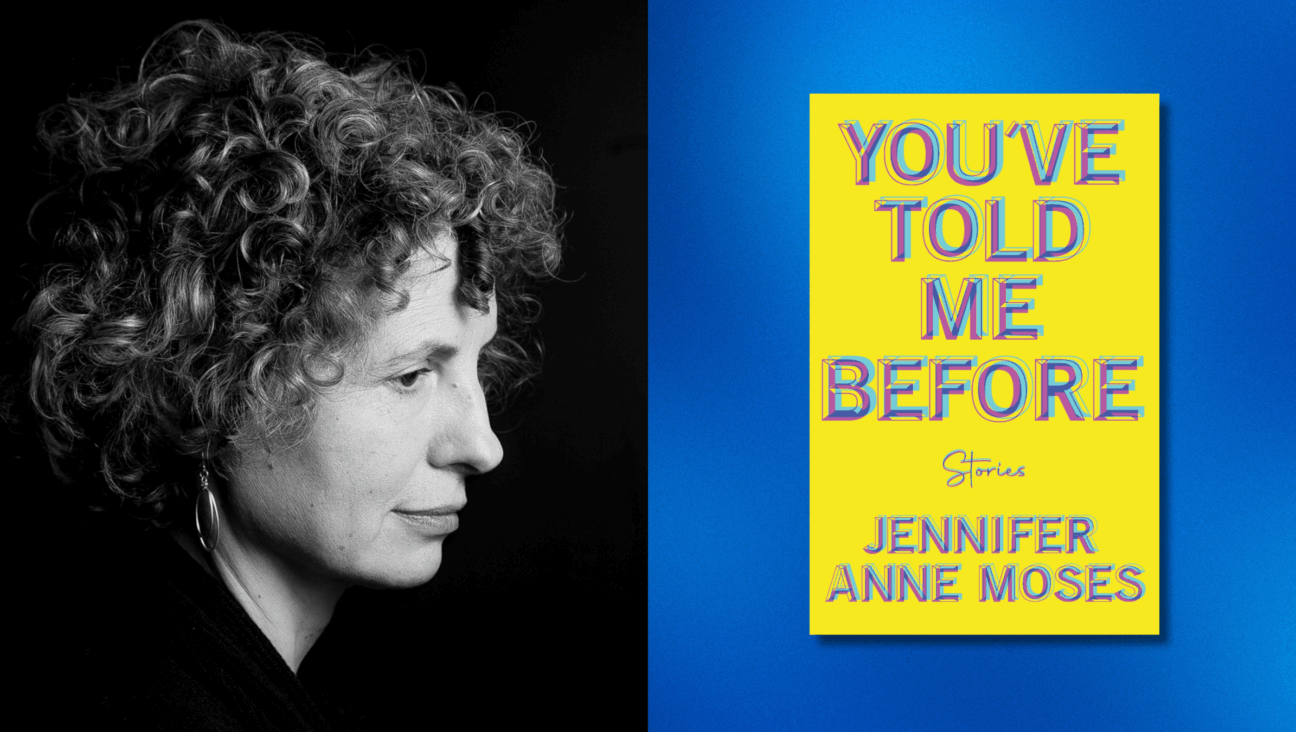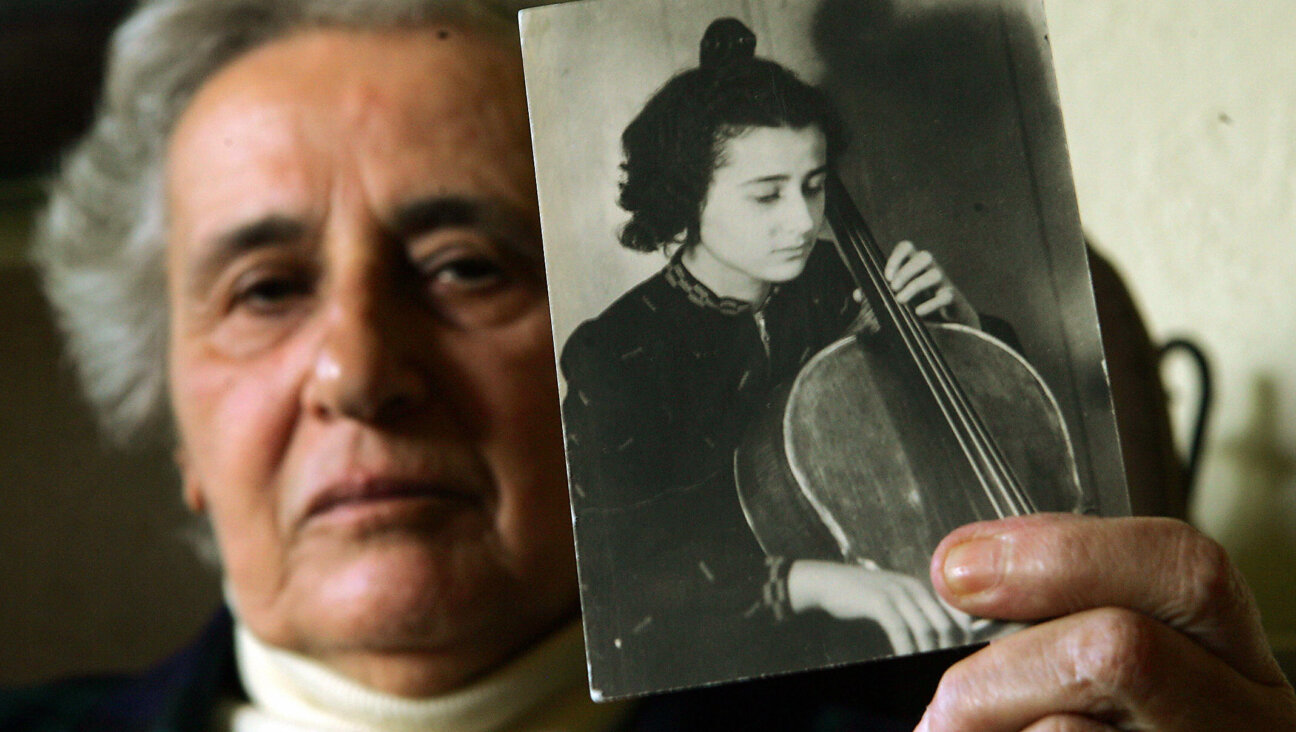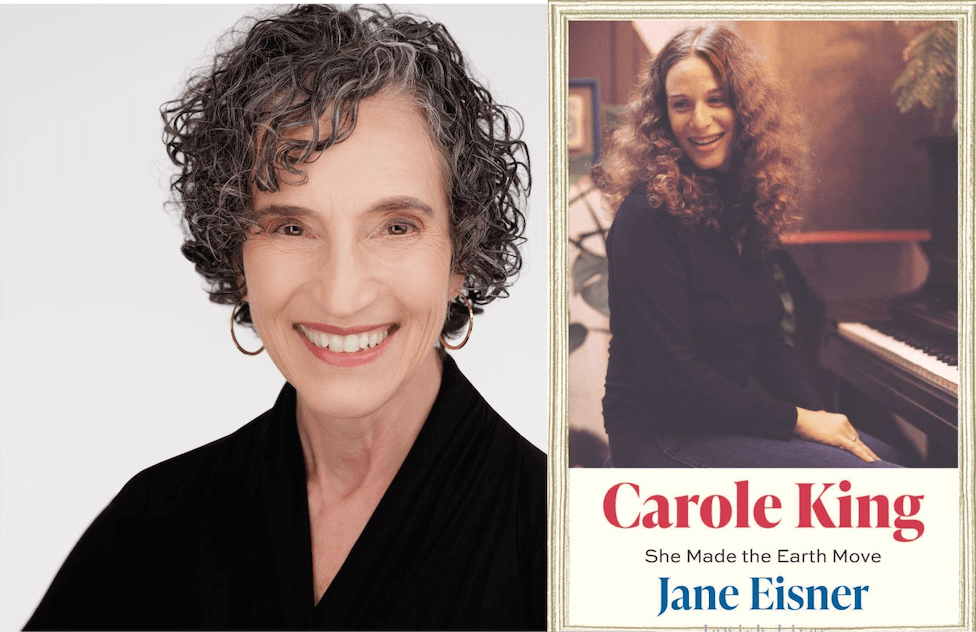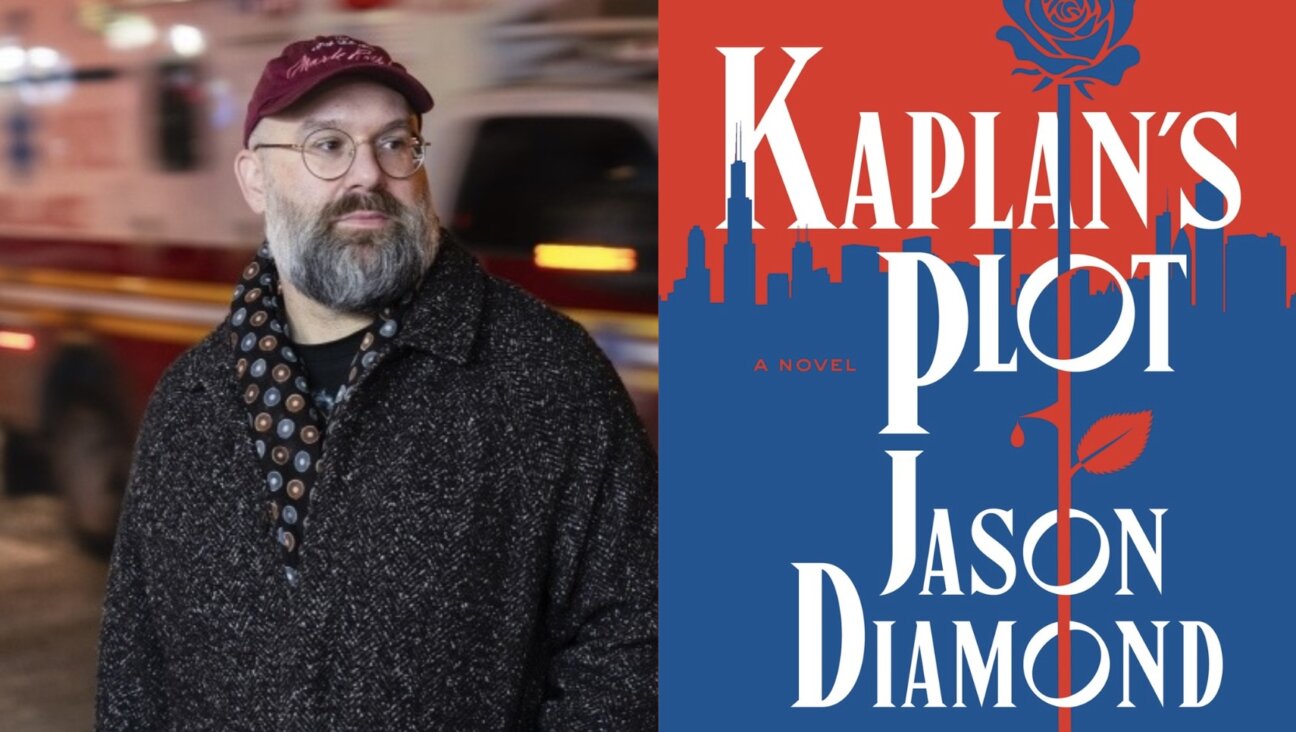Author Blog: Historians, Biographers

Graphic by Angelie Zaslavsky
Dr. Abigail Green is the author of “Moses Montefiore: Jewish Liberator, Imperial Hero.” Her blog posts are featured on The Arty Semite courtesy of the Jewish Book Council and My Jewish Learning’s Author Blog Series. For more information on the series, please visit:
What makes a good biography? I thought about this question a lot when I was writing my book about Moses Montefiore, and I’ve been thinking about it again recently. As a historian, my preference has always been for biographies that illuminate the broader context — books like Elisheva Carlebach’s “The Pursuit of Heresy,” which brought the world of the itinerant Jerusalem rabbi Moses Hagiz so vividly to life, or “Perfecting the World” — a wonderful book about Montefiore’s life-long friend, the Quaker philanthropist and physician Thomas Hodgkin.
Of course, such books don’t necessarily make for easy reading.
A couple of weeks ago I contributed to In Our Time, one of the most popular and long-lived discussion programs on British radio. The subject was Moses Mendelssohn, a fascinating character about whom I know rather less than I should. Preparing for this broadcast, I came across Shmuel Feiner’s brilliantly readable little biography of the German-Jewish philosopher, which just came out in the Yale Jewish Lives series. I loved the way it opened with youths throwing stones at Mendelssohn and his family as they walked down Unter den Linden, Berlin’s smartest promenade; and ended, by alluding both to this episode and to German Jewry’s terrible future. Indeed, it’s hard to believe that this pearl of a book was written by the author of “The Jewish Enlightenment,” a superb piece of scholarship but famously heavy-going.
Biographers tend to get bogged down in detail, and my own book is no exception. Something about the brief, interpretative format of the Yale series seems to have liberated Feiner. He tells us everything we need to know about Mendelssohn’s thought and brings the man to life, all in about 70,000 words. Each of which is precious. It’s a far cry from Altmann’s classic, 900 page intellectual biography and infinitely more enlightening.
Feiner’s elegantly concise approach contrasts starkly with the other biography I’m reading at the moment: Jonathan Steinberg’s psychologically driven “Bismarck,” which I’m reviewing for the European History Quarterly. It’s a bulky volume, and like me he had difficulty cutting a life down to size. Steinberg’s earlier books, such as “All or Nothing: The Axis and the Holocaust” seemed to me to ask the right questions (why did the Italians and the Germans behave differently during the Holocaust?) without coming up with really satisfactory answers. This time, however, he seems to have struck gold. The style is genuinely sparkling, and focusing on an individual rather than broader societal structures seems to play to Steinberg’s strengths. Two things that resonated for me were Steinberg’s emphasis on the emotional dimension of Bismarck’s approach to politics and the way in which the story of Bismarck’s life was intertwined with the evolving and deeply ingrained hostility Junkers like Bismarck felt towards Jews as alien symbols of change and modernity.
Oddly then, these are both books about the German-Jewish symbiosis. Despite their different qualities, they share the same fundamental virtue. Both Feiner and Steinberg are drawing on a lifetime of knowledge — and you can tell that in writing these biographies they had the time of their lives.
Dr. Abigail Green is Lecturer (CUF) in Modern History at Brasenose College, Oxford University. She is the 2011 Choice Award winner for the Sami Rohr Prize. Her new book, “Moses Montefiore: Jewish Liberator, Imperial Hero,” is now available.
The Jewish Book Council is a not-for-profit organization devoted to the reading, writing and publishing of Jewish literature. For more Jewish literary blog posts, reviews of Jewish books and book club resources, and to learn about awards and conferences, please visit www.jewishbookcouncil.org.
MyJewishLearning.com is the leading transdenominational website of Jewish information and education. Visit My Jewish Learning for thousands of articles on Judaism, Jewish holidays, Jewish history and more.
















